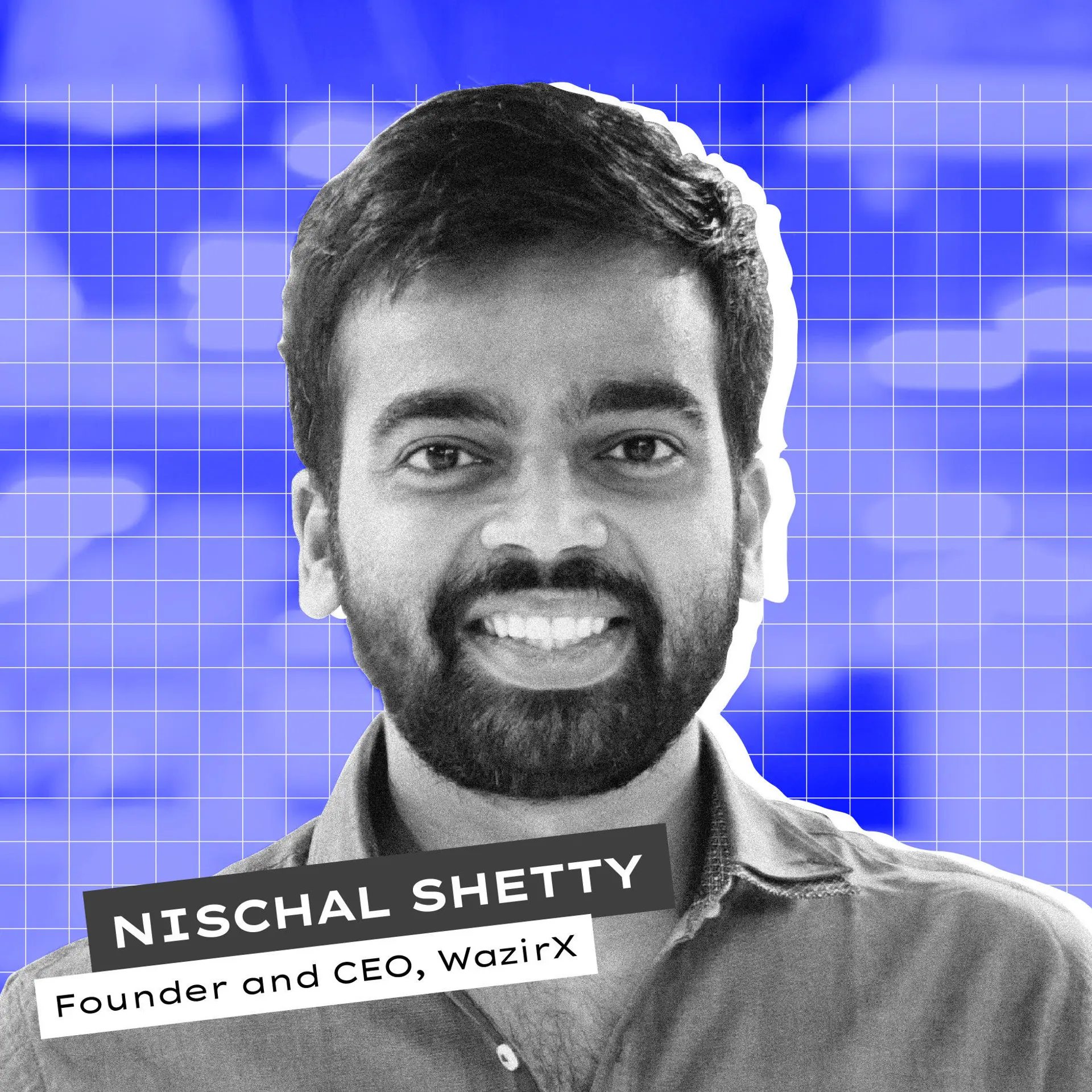How Zwende aims to be the Flipkart of niche ecommerce startups
Bengaluru-based Zwende is a curated online marketplace for handcrafted products. In a year, the team has over four billion SKUs and a clientele that includes actors Taapsee Pannu and Sruthi Hariharan.
Venkatesh Garu, 27, was set to take a job at a highway toll booth and give up his traditional art of Tholu Bommalata, but one thing stopped him. Zwende, an online managed marketplace to discover and buy unique and exclusive products crafted by creative entrepreneurs.
He now makes close to Rs 50,000 a month with sales of Rs 1 lakh on the platform. Tholu Bommalata may be the shadow puppet theatre tradition of Andhra Pradesh, but Venkatesh has been able to recreate the art form on handbags, wall hangings, lamp shades, and even notebooks under the supervision of boutique designers.
There may be a plethora of niche ecommerce platforms and marketplaces that curate the work of artists and offer unique products, but Zwende works differently. The products, while curated, have a strong customisation angle and value proposition.
“Other platforms work on SKU models where the artist handles most details - making the product, shipping, stocking, and all the minute details. And what if there aren’t too many pieces sold?” asks Innu Nevatia, Co-founder, Zwende.
Innu started Zwende with her husband, Sujay Suresh, in early 2018 in Bengaluru. Sujay, also an ISB graduate like Innu, ran an edtech startup earlier.
“We designed Zwende on one main premise: letting makers do what they like to do the most - create, while promising customers quality, trust, and a no-compromise philosophy on their own style,” Innu says.
The idea is simple. The online marketplace uses data to take care of all the tough aspects of ecommerce such as logistics and procurement while the artist just focuses on creating the product.
Innu, an ex-InMobi employee, says Zwende uses digitisation to tap into the unlimited creativity of a designer/maker to help one easily find that perfect artisan-made product. Alongside, it helps creative entrepreneurs easily launch their businesses and has helped suppliers/designers generate Rs 2 lakh of sale per month (per supplier) within a few months of launch.
Today, the bootstrapped startup has over four billion SKUs, over 100 artisans and designers, and showcases 50 art forms.

The Founders of Zwende: Sujay Suresh and Innu Nevatia.
How are they different
As a fully-serviced, managed marketplace, Zwende takes away the hassle of setting up a storefront, cataloguing, marketing, discovery, customer interactions, and order fulfilment from creative entrepreneurs.
“We want to provide the same luxuries to a creative entrepreneur that a Myntra or a Flipkart provides to larger brands and mass market suppliers - without the burden of ready inventory/ without a warehouse. Zwende’s true differentiation lies in its re-imagination of the creative supply chain,” Innu says.
Currently, makers have to create their own storefront on self-served marketplaces with photographs of products they have in stock or have created previously. This limits their creativity and the infinite possibilities of combinations of products, materials, designs, and colours never see the light of day.
The entire store is a mere listing of 40-50 products (while what they can actually provide is 100,000-plus products and SKUs), leaving both makers and customers craving for more in their quest to find that perfect product.
Zwende turns makers’ creativity into a thriving business using the power of modularisation, digitisation, and virtual/3D commerce. This empowers makers to bring all their ideas to life without incurring the risk of finished goods inventory. Their working capital isn’t stuck in ready inventory and the risk of holding raw material is diversified across their entire portfolio of products.
Artists only make what customers want. Citing an example, Innu says if an artist or a maker gets a red leather swab, they upload that and using virtual 3D commerce the consumer can look at the different options and variables available.
“Only when the artist has sizeable orders does the maker stock it. Zwende provides them all with this data and information,” Sujay says.
Not only does this approach allow makers to offer the world to its customers, it also enables fast fashion - new seasonal/topical/festive collections can be launched overnight on Zwende - making the platform, fresh forever.
Customers can find their perfect product in three ways: Discovery (browse/ search), Recommendation (guided navigation/ chat with a stylist), and Co-Creation (customisation/ personalisation).
“We looked up Nike ID and instantly fell in love with the concept,” Sujay adds. On NIKE ID, Nike makes its entire product, material, and design repository available online. Customers can play around with these options to create a shoe of their choice. They can visualise their creations in real time; they are made on order and delivered.
The time and cost to on-board a product, like a hand-painted lampshade, with 350 million combinations, is under seven working days and under Rs 10,000.
“That said, we have even launched topical or festive collections with over 10,000 combinations to millions of combinations in one to three days at a total cost of just Rs 1,500-2,000,” Innu adds. The average basket size is Rs 3,000.
The challenges
However, setting up the logistics supply chain takes time. In the initial days, the duo began by travelling across different parts of the country and on-boarding the best of artists and artisans. They now are a team of 20 people.
Innu explains that the market of independent makers/creative entrepreneurs is extremely fragmented. Open, self-served marketplaces have sellers with varied levels of quality registering on their platforms, which leads to an overall question on quality.
The Zwende team initially curated artists by checking all their products; now that process is also online. They also began with first bringing to products to Bengaluru and then shipping them. The team now has logistics tieups.
The marketplace owns the entire end-customer experience – providing them with the right product in a colour and design of their choice, with a promise of quality, trust, and a consistent reliable experience. It offers the entire packaging and delivery experience, with a standard return policy across the website.
“No hidden terms; no catch, really. On current self-served marketplaces, each store has their own terms and policies that require customers to go through each individually, before they decide to make a purchase. We believe that for an industry as fragmented as this, standard site-wide terms and policies with a promise of trust and quality are a significant competitive advantage,” Innu says.
The market
According to IndianRetailer.com, the gifting and ecommerce market in India is pegged at $30 billion, of which $400 million could be attributed to the digital space. When segregated into separate categories, the share of festival gifting stands at $7.5 billion, personal gifting accounts for $20 billion, and corporate gifting is at $2.5 billion.
Several online stores and marketplaces are focusing on quirkiness, and offer unique products like bobbleheads, charms, cauldron mugs, and other memorabilia. These include platforms like Chumbak, BigSmall, Tjori, and others.
But Zwende is focused on customisable products. In the near future, the team is looking to expand, add more artists and creators, and raise funds.
“Zwende’s customer base includes actors (Taapsee Pannu, Sruthi Hariharan) and wedding planners (Shagun Pannu, Taapsee’s sister) among many others as regular paying customers. They have bought customised and personalised handcrafted products from Zwende,” Innu says.
(Edited by Teja Lele Desai)









